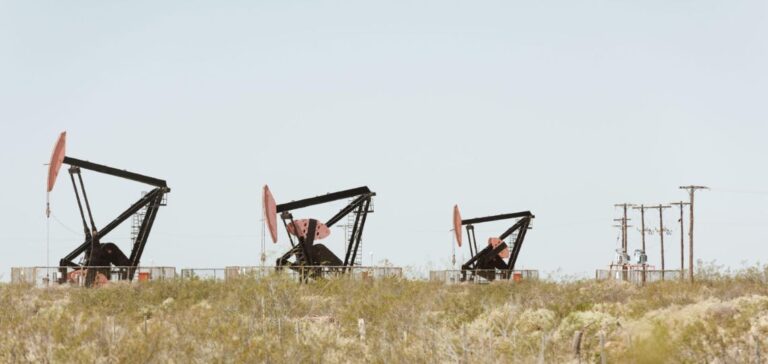In Argentina, activity levels are at their highest in the main oil and gas producing region. However, inadequate facilities and transportation limit growth.
Declining production
In Argentina, the Vaca Muerta shale-producing region in the province of Neuquen needs more equipment. In particular, the region needs drilling rigs and hydraulic fracturing equipment to continue its growth. YPF, Tecpetrol and PanAmerican Energy also need pipelines.
According to the state-owned oil company YPF, Argentina’s gas production amounts to 132 million cubic meters per day. This is down from the 2004 peak of 142 million cubic meters per day. In addition, crude oil production this year amounted to 559,000 b/d, compared to 847,000 b/d in 1998.
Necessary investments
The province could double its crude oil production and increase its gas production by 2030. This increase in production would require an additional $7 billion to be spent on drilling. In addition, $12 billion would be needed in infrastructure.
This year, construction will begin on a gas pipeline connecting Vaca Muerta to the northern centers. Thus, next year, this pipeline will eliminate this bottleneck effect. In addition, exports through another pipeline to Chile would help solve transportation problems.





















